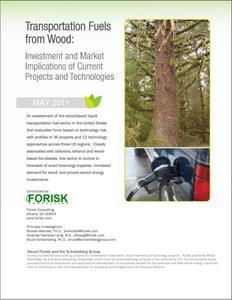 This week I decided to bone up on some energy 101 so I read “Energy Myths & Realities” by Vaclav Smil, an energy scientist. He discusses eight myths and attempts to set the record straight by disseminating the true facts around the issues. He believes several of the myths have been mired in the past while others are perpetuated by the media.
This week I decided to bone up on some energy 101 so I read “Energy Myths & Realities” by Vaclav Smil, an energy scientist. He discusses eight myths and attempts to set the record straight by disseminating the true facts around the issues. He believes several of the myths have been mired in the past while others are perpetuated by the media.
For example here is one myth that he demystifies: Electric cars will replace conventional cars in the near future. The reality according to Smil: Electric cars are expensive, their adoption rate will be slow, and internal combustion engines will dominate the market for decade to come. He also believes that EVs will not provide much, if any, energy savings.
So why does it matter if there is discourse among energy advocates? Because, says Smil, these incorrect facts and fallacies are hampering the development of effective new energy policies and wasting time and money that could be better used in pursuit of a constructive, scientific approach to the global energy challenge.
Here are some other myths that Smil addresses, all dished up as solutions, or part of a solution for our energy woes.
• The world will soon run out of oil.
• Carbon sequestration is the solution to global climate change.
• Ethanol will replace gasoline as a significant source of automobile fuel.
• Wind power will soon become the world’s leading source of electricity.
I’ll play my hand here and agree with Smil that carbon sequestration is not a solution. In fact, I believe it is a multi-billion dollar farce. Yet where I diverge with Smil is while he believes various forms of alternative energy should have no role, or will only play a small role, I think it’s shortsighted to ignore parts of the energy portfolio that are right in front of us. But I digress.Read More











